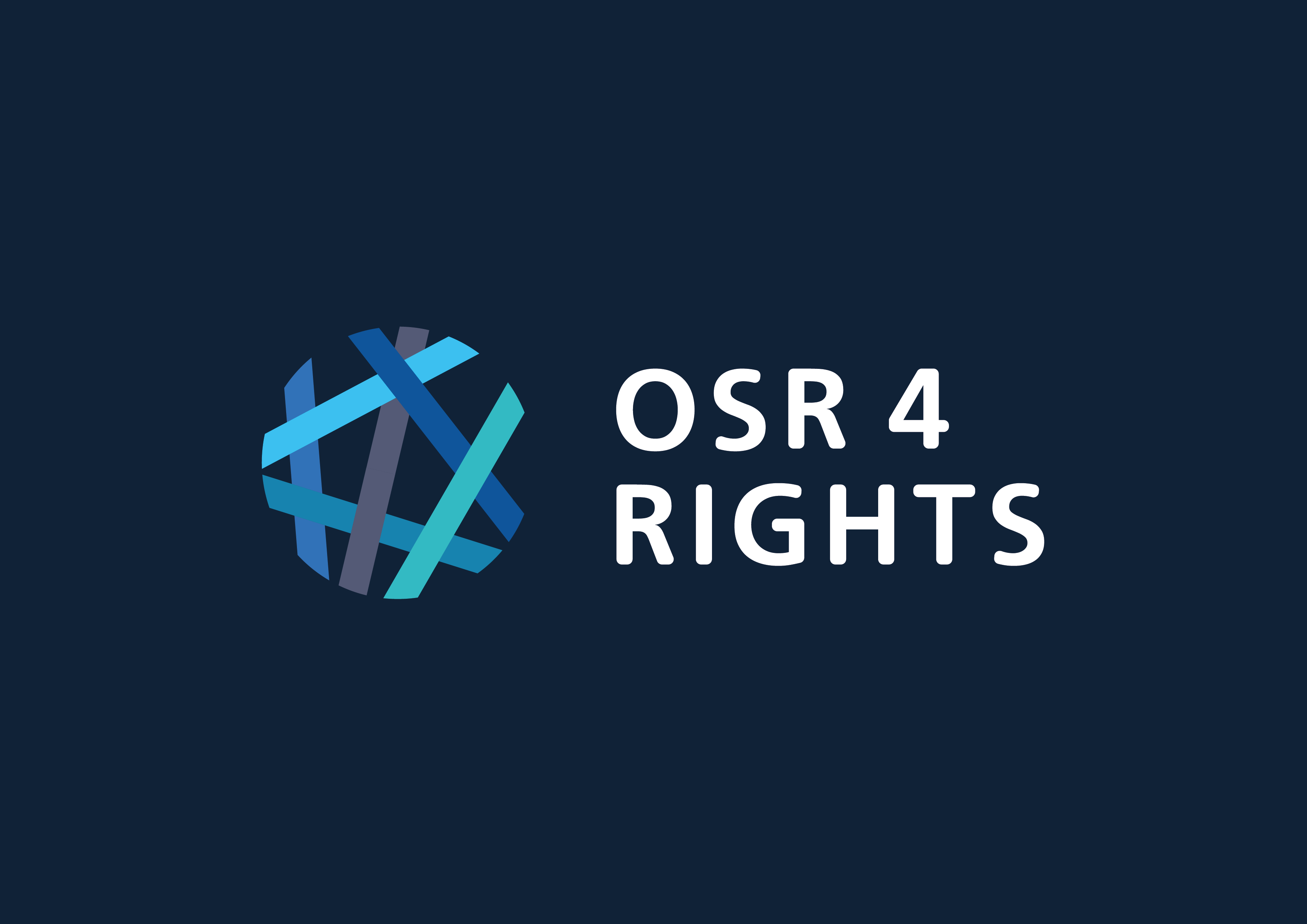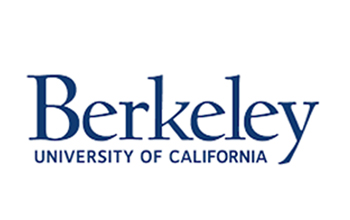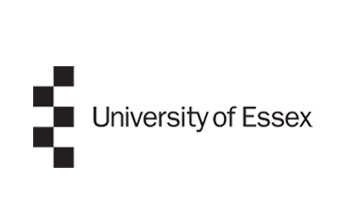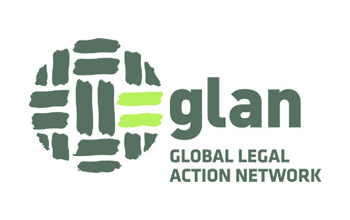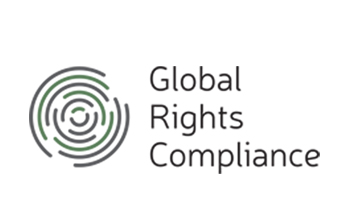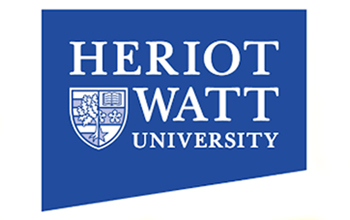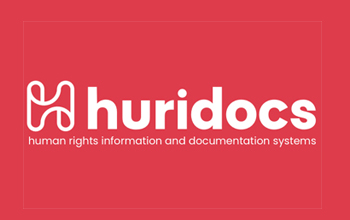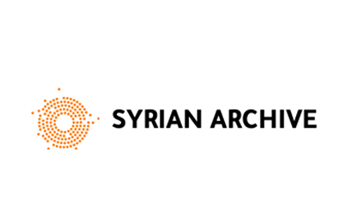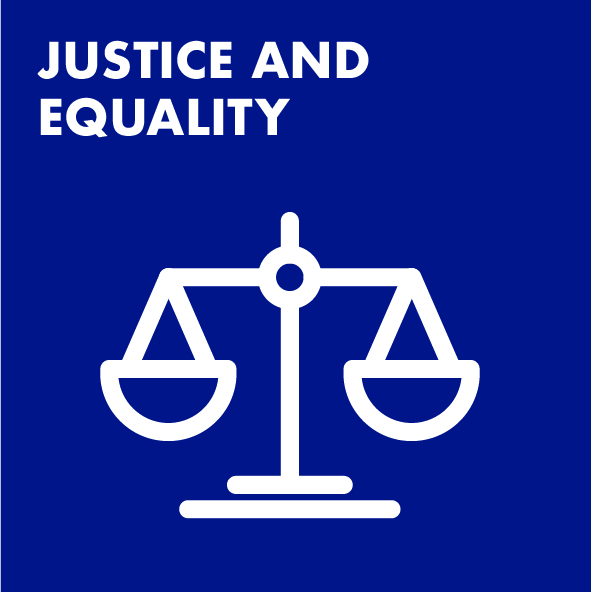The Challenge
Eyewitnesses to atrocities around the world can use their mobile phones to record evidence in real time. This citizen evidence can be useful to legal accountability efforts, particularly when investigators have been unable to gain access to the sites of these atrocities.
A key challenge is how to harness this evidence for human rights fact-finding and accountability. The volume of citizen evidence generated in contemporary conflicts is enormous, and investigators may struggle to find the most relevant pieces of evidence for a particular case. It can also be traumatic to view and analyse this evidence, and concerns abide about how it can meet the admissibility standards required by courts.




